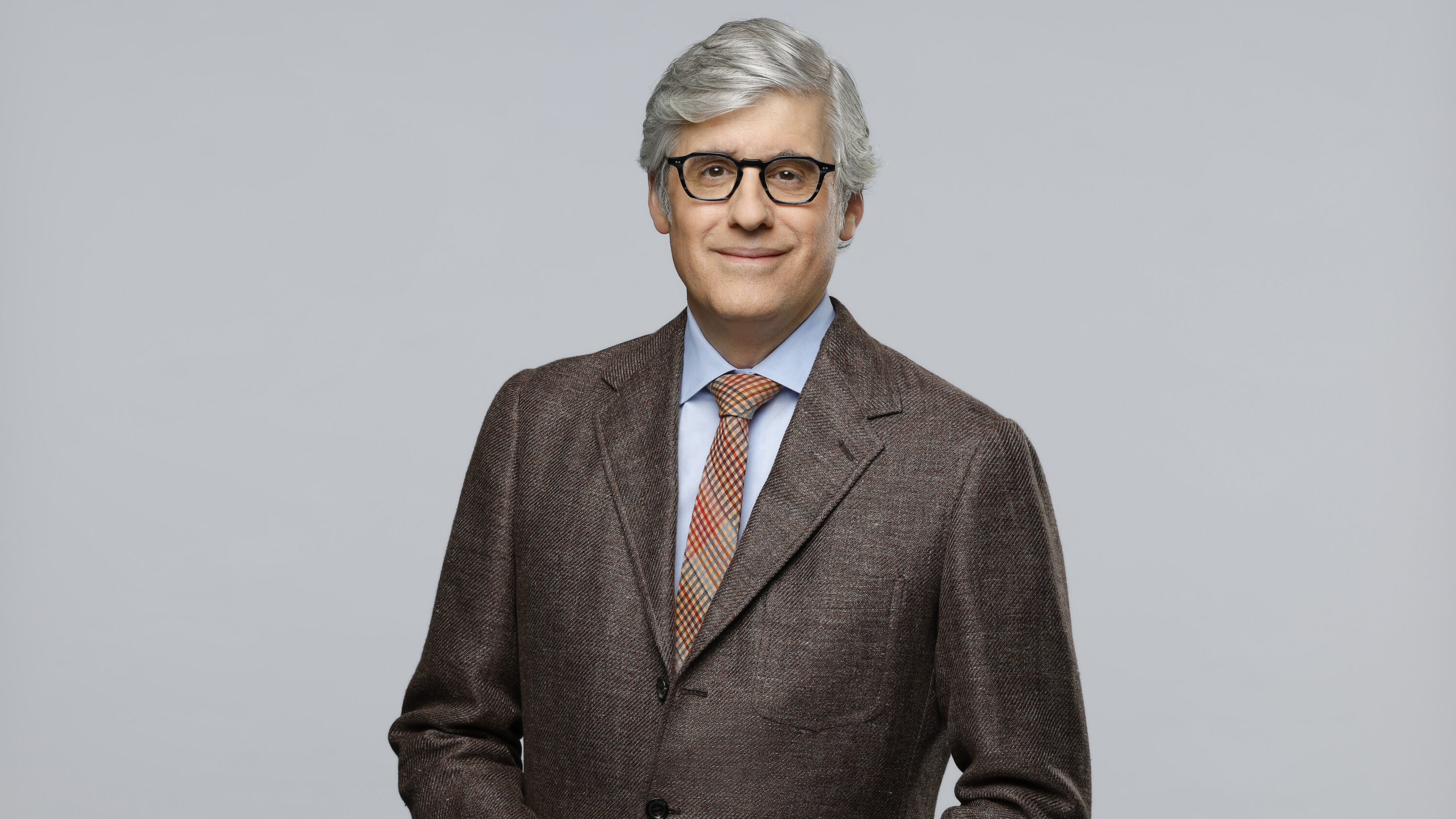Stealing Cable
The professional video industry's #1 source for news, trends and product and tech information. Sign up below.
You are now subscribed
Your newsletter sign-up was successful
As I write this month's rant, I'm in my office watching CNN Headline News.
The problem is that I don't actually have cable TV service in my office. I don't even have any 'F' connectors on my walls.
After the last few hurricanes, when my office in South Florida was basically rebuilt--twice--I decided to move my TV. As the TV auto-tuned for over-the-air, it was picking up a few cable channels. I switched the TV to cable tuning, told it to auto-tune, and voil‡, cable TV.
The picture is a little snowy, but very acceptable, especially since it's free.
There's a little cable signal leakage in the building. I'm not sure who's fault it is... the cable company (Adelphia), the builders of the building, or a contractor brought in to wire the building.
So, am I really stealing cable? Technically, yes.
According to the NCTA, I'm breaking the law through passive theft: "Passive theft occurs when a consumer receives services due to faulty cable operator procedures," the industry website states.
Based on NCTA's cable piracy survey conducted in 1999, the industry loses an estimated $6.6 billion in unrealized basic and premium revenue annually.
Every now and again, cable operators offer the opportunity for those stealing cable service to come forward during a limited period of time and surrender any unauthorized converters or descramblers without fear of prosecution. But that's for active theft, where "someone knowingly and willfully makes an illegal physical connection to the cable system and/or attaches or tampers with equipment to allow the receipt of unauthorized services," according to the NCTA.
But alas, theft is theft and I'm a thief. According to Section 633 of the Communications Act of 1934, as amended (47 U.S.C. ß553), "No person shall intercept or receive or assist in intercepting or receiving any communications service offered over a cable system, unless specifically authorized to do so by a cable operator or as may otherwise be specifically authorized by law."
"It's an ethical matter," I was told by Paul Jacobson, VP of Corporate Communications for Adelphia. I shouldn't be watching without paying.
The NCTA's Director of the Office of Cable Theft, Nelda Gumbs, looks at it slightly differently. "It's not your fault if cable come through, it's our fault. But at the point where you realize that you should be paying for it, please call."
The NCTA's cable theft expert also assured me that no cable operator would prosecute anyone for over-the-air signal leakage, as they don't expect consumers to become technicians.
But it turns out someone might prosecute and someone might be paying a fine. It just won't be me.
That's what Northland Cable Properties VII of Georgia found out when the FCC issued a Forfeiture Order in the amount of $8,000 for signal leakage last month. That's right, the cable company was fined.
One of Northland's arguments was that "the probable cause of 75% of these leaks was customer premises equipment and inside wiring." But according to the FCC, "Northland is charged with the responsibility of monitoring and correcting signal leaks regardless of their cause to ensure that their systems comply with our cable leakage standards which serve a critical safety purpose."
And before you broadcast stations folks start snickering at cable operators, you might want to make sure your Public Inspection File is complete and up to date. The FCC is fining broadcasters thousands of dollars for problems with their files.
Meanwhile, ethics dictate that I delete the cable channels from my TV's tuner and never enter the channel numbers manually.
I liked ethics more when it was just a course I took in college, not a lifeline to free cartoons and music videos.
HD & 24p: Who Cares Anymore?
Do you care that Fox's The Rebel Billionaire is shot in HD? Do you care that UPN's Enterprise or Showtime's Huff is shot in 24p HD? Do you care that this season, more than 50 broadcast TV shows are shot in some form of HD? Probably not, unless one of those shows is your favorite.
Sidebody:Or, do you care that one of your favorite show's isn't in HD?
As an industry, we've come to a turning point. I get a lot of press releases about shows shot in HD, but now, especially after a decent DTV/HD consumer buying season, who cares? I've seen HDTVs in a hotel cafÈ, an amusement park, and a pawn shop (along with an ATSC set-top box).
What consumers are starting to care about are the shows not shot in HD (or shot in film and not made available in HD).
Case in point: "Why is my show not in HD?" was the subject line of an email I recently received. My only answer: The producer and network don't see any financial value in it.
"Then why did I buy this TV?" was the email I got back.
Why indeed?
The professional video industry's #1 source for news, trends and product and tech information. Sign up below.
